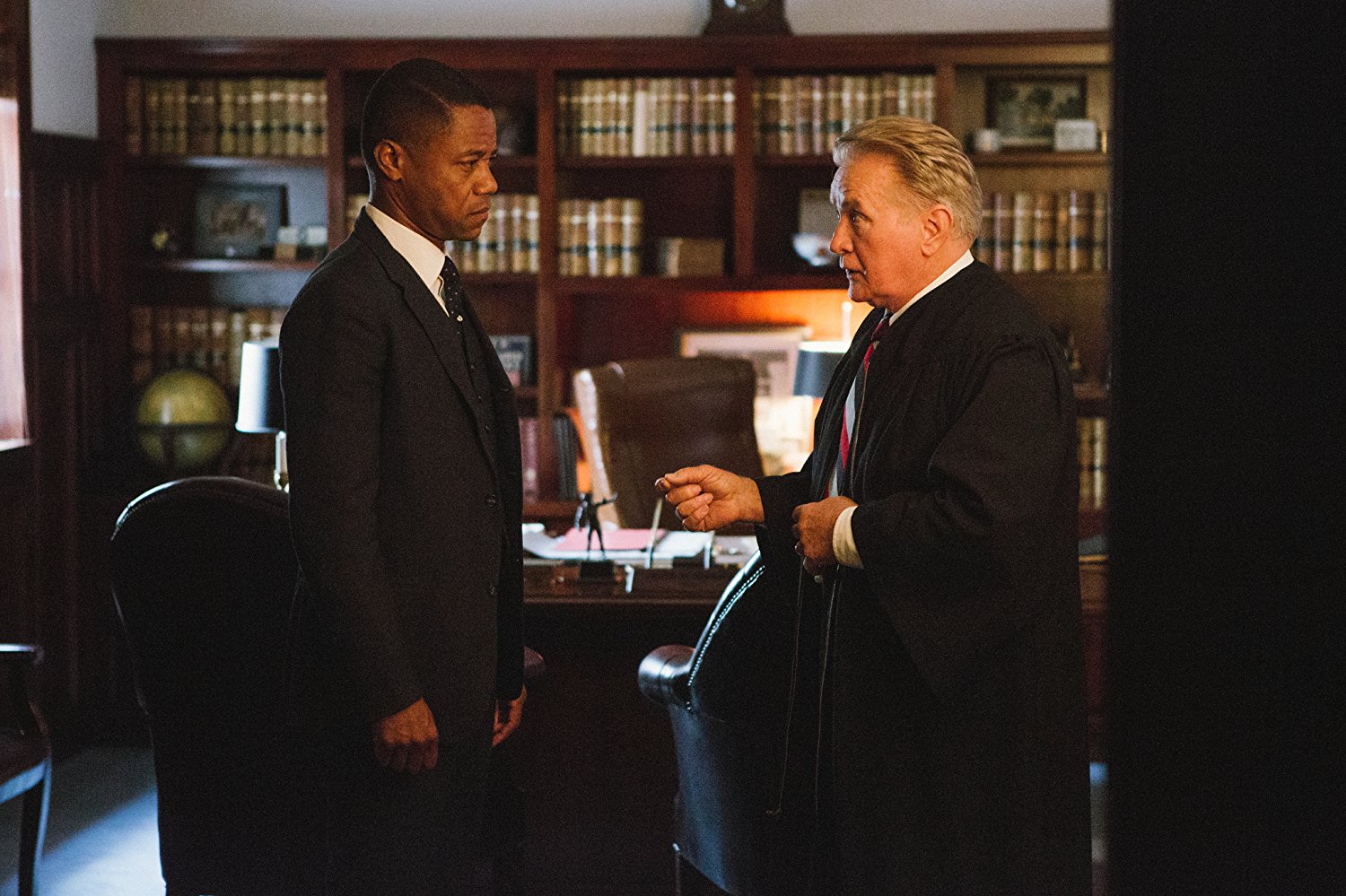Fred Gray is a well-known civil rights lawyer from Montgomery, Alabama, with law offices in Montgomery and Tuskegee, Alabama. He was involved in the bus boycott case in Montgomery, Alabama, that concerned Rosa Parks; he brought the desegregation lawsuit, Lee v Macon County Board of Education, which began with desegregating the all-white public scho...
Show more »
Fred Gray is a well-known civil rights lawyer from Montgomery, Alabama, with law offices in Montgomery and Tuskegee, Alabama. He was involved in the bus boycott case in Montgomery, Alabama, that concerned Rosa Parks; he brought the desegregation lawsuit, Lee v Macon County Board of Education, which began with desegregating the all-white public school, Tuskegee High School. In 1963, after all of the white students left THS, the Alabama Depart. of Educ. closed THS. Then, Fred Gray asked Judge Frank M. Johnson to desegregate all public schools in Macon County and throughout Alabama. Judge Johnson desegregated all public schools in Macon County, but he waited until 1968 to add all Alabama public schools as defendants in the Lee v Macon case. Now, every school in the state is under Lee v Macon. Fred Gray has been active in every aspect of civil rights in the State of Alabama since he graduated from law school, and he is especially well-known by state attorneys, as well as by many people in the state. He has written a book, BUS RIDE TO JUSTICE, that deals with his experiences as a civil rights lawyer. (The book is for sale on Amazon.) Most people do not know that the Selma to Montgomery march was one of three marches from Selma. The other two were stopped at the bridge outside of Selma, and three people died as a result of police brutality. Judge Johnson asked Fred Gray to speak with Martin Luther King, Jr., and delay the third march, which would give Judge Johnson time to ask President Johnson to federalize the Alabama National Guard to protect the marchers. Also, many people do not know that the march was for voting rights for blacks throughout the state. Within a week or two after the march, Congress passed the Voting Rights Act and President Johnson signed it into law.
Show less «



